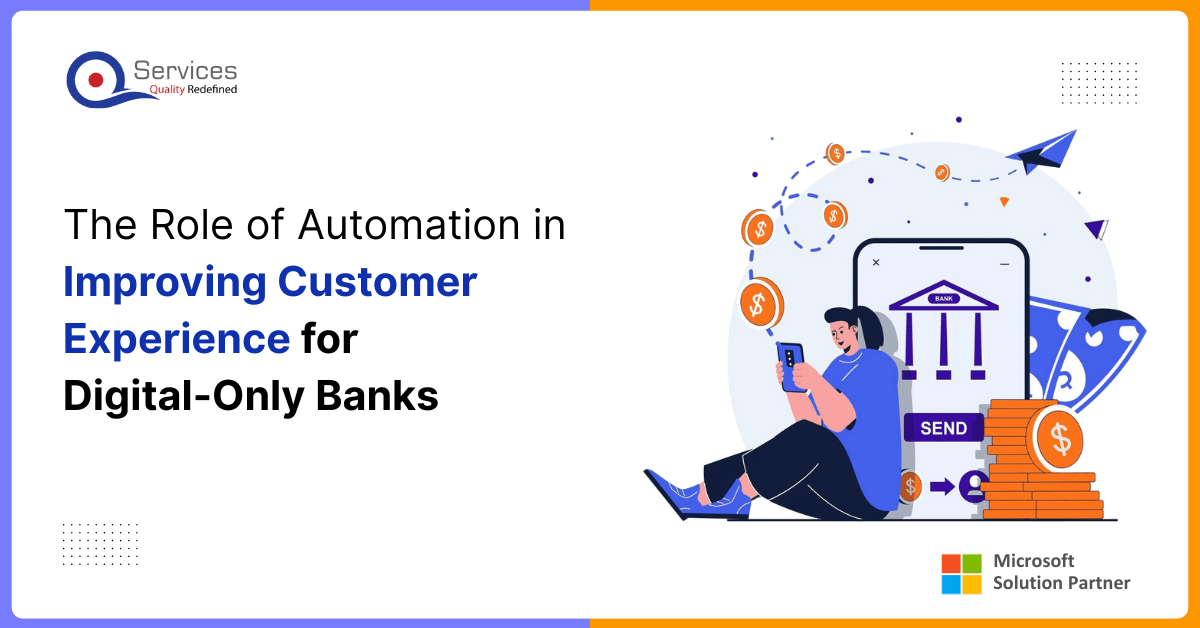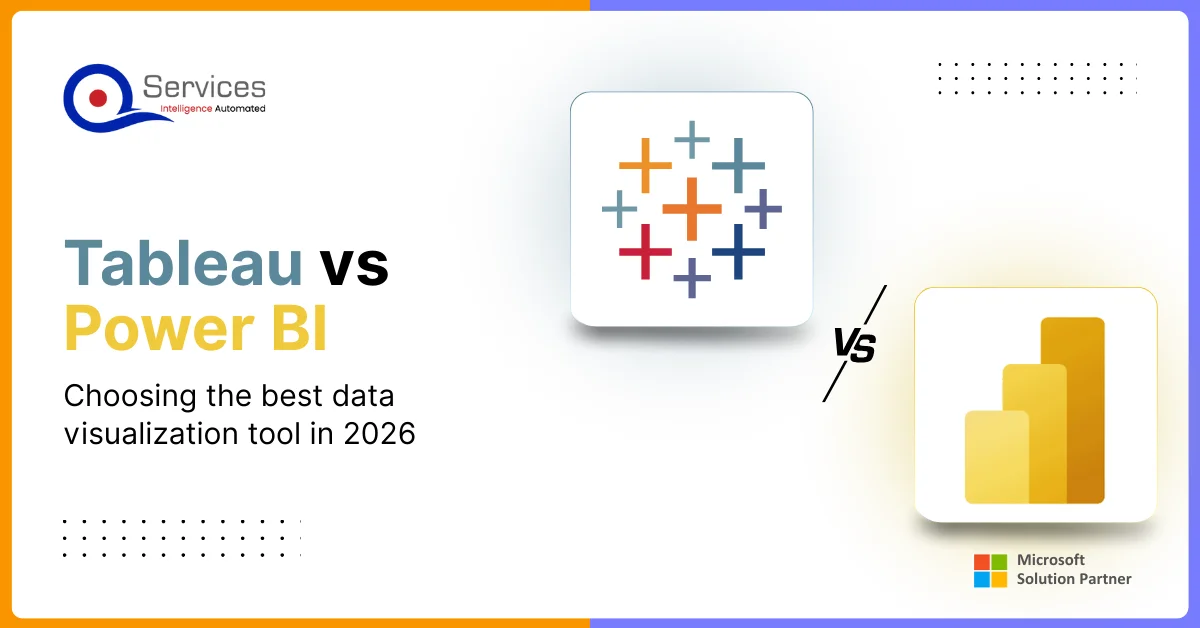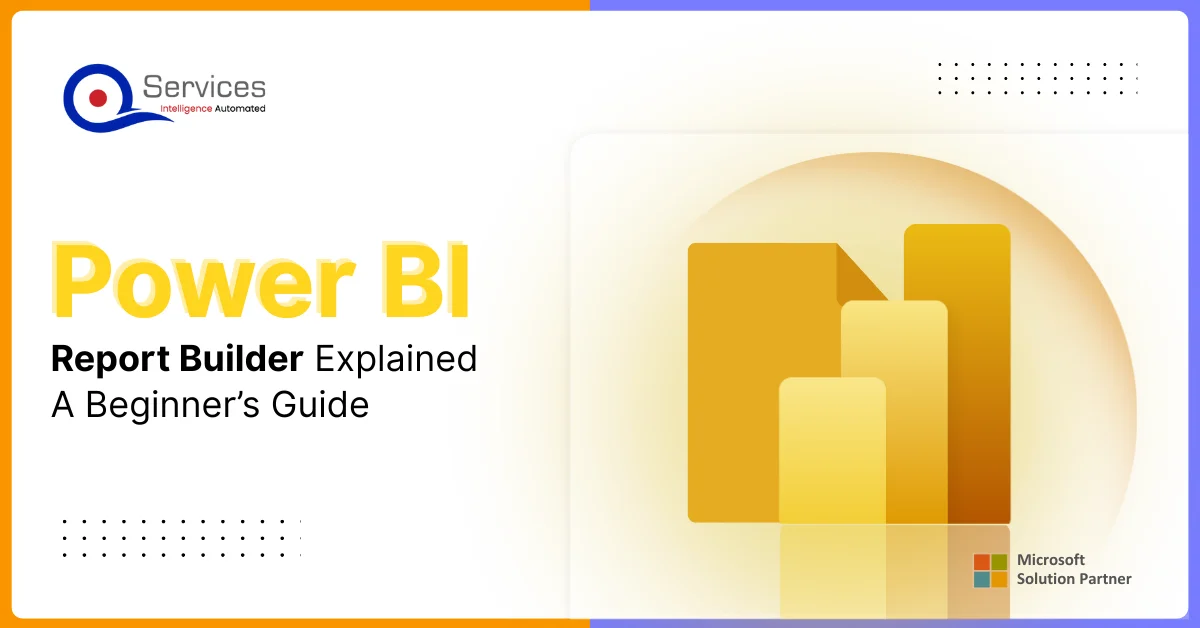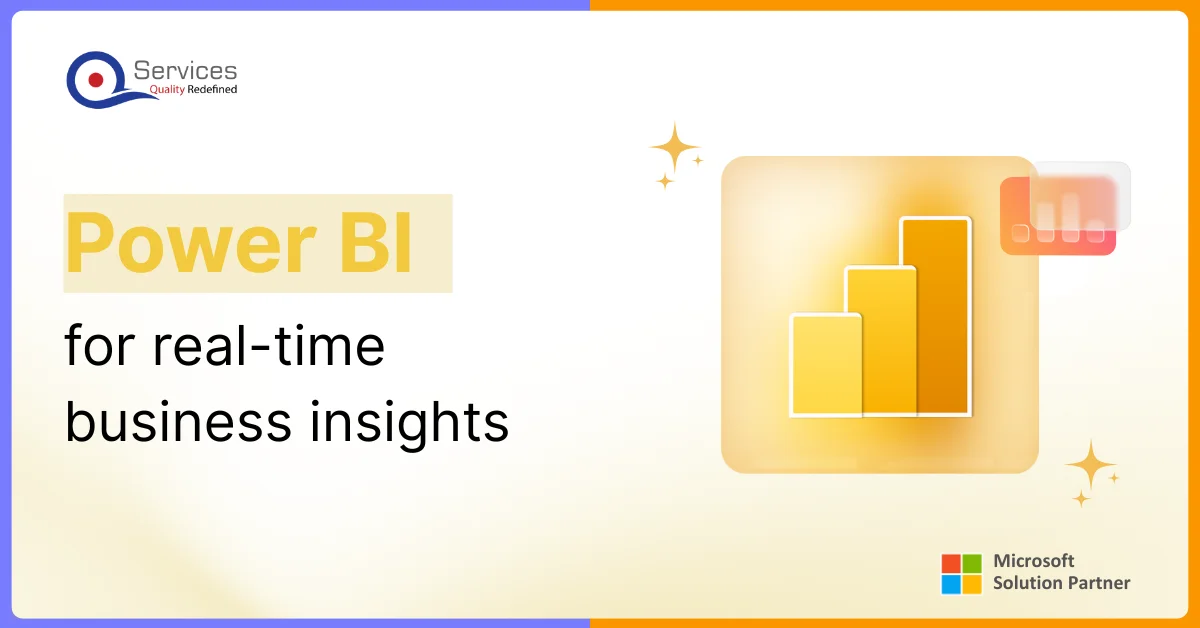
Home » The Role of Automation in Improving Customer Experience for Digital-Only Banks

Banking institutions have continually made efforts to improve customer experiences. From adopting digital tools to transforming into fully modernized platforms, the objective has remained the same: to make services faster, simpler, and more accessible.
In this landscape, digital-only banks emerged with a customer-first approach by design. With no physical branches, they handle every interaction, from onboarding to service requests and issue resolution virtually across digital channels for a better digital banking experience.
As digital expectations grow, customers now demand speed, ease of use, and 24/7 availability. To meet these demands at scale, digital-only banks choose business process automation in the banking industry to deliver consistent, responsive, and personalized service.
The difference between a good bank and a great one lies in how well it serves users. Customer expectations now centre on speed, simplicity, and continuous availability. A great digital banking user experience meets all these needs while maintaining security and personalization.
The entire customer experience in digital banking is judged by how easily users can complete tasks and resolve issues without human assistance.
Here’s what defines a strong digital banking experience:
Digital-only banks operate without physical branches and often with leaner human teams. To meet the demands of speed, accuracy, and personalization at scale, the role of AI and automation in enhancing digital banking and customer experience becomes critical.
Here’s how automation helps banks improve customer service in banks:
Banking process automation ensures the constant availability of services through automated chatbots and virtual assistants. These solutions provide personalized responses instantly to common queries and reduce wait times.
Workflow automation captures documents, performs biometric checks, and validates customer data in real time. This shortens the onboarding cycle, streamlines regulatory compliance (KYC/AML) in digital only banks, and improves the customer’s initial experience.
AI-driven banking systems analyse transaction patterns to detect anomalies in real-time. When customers are alerted immediately, trust is increased and fraud exposure is reduced in online-only bank operations.
Automated workflows classify incoming service requests based on intent and urgency. It intelligently routes requests to the most appropriate channel—whether a knowledge base article, AI chatbot, or human agent.
Automation reduces the chances of missed payments or failed transactions. It enables auto-pay features like scheduled transfers, recurring bill payments, and automatic balance updates to make money management easier for users.
Read More: Payment and transfer automation blog
Get free Consultation and let us know your project idea to turn into an amazing digital product.

In digital-only banking, the user interface is designed to allow customers to complete tasks independently. Self-service automation enhances this by giving users full control to manage their banking needs anytime, without staff involvement.
Here are some examples of self-service automation in digital banking:
In digital-only banking, the customer journey should not reach the staff until a major issue occurs. Every stage, from onboarding to service resolution, must be fast, accurate, and self-directed. Automation enables this by running key workflows in real time, at scale.
Below are key strategies for implementing automation in online-only bank operations with benefits:
Seamless digital onboarding enhances the first impression. By integrating end-to-end automated customer onboarding, banks can eliminate manual reviews and reduce wait time from days to minutes.
Benefits: Faster customer acquisition, reduced abandonment rates, compliance accuracy
Use automation to trigger contextual support, like offering assistance when a form is abandoned or suggesting products based on usage. This proactive step is a strong method for improving customer experience in banking.
Benefits: Higher engagement, reduced friction, contextual customer service
Use robotic process automation in digital-only financial services to manage repetitive workflows like transaction validation, fraud alerts, or credit score fetching.
Benefits: Operational cost savings, consistent decision-making, increased scalability
Enhance digital platforms with AI chatbots and self-service portals that guide customers through critical processes without human intervention.
Benefits: 24/7 support, faster resolutions, reduced agent workload
Set up real-time monitoring and feedback loops that analyse how customers interact with automated systems. Use these insights to improve workflows and eliminate high-friction steps.
Benefits: Continuous improvement, reduced churn, proactive CX management
Share your project idea with us. Together, we’ll transform your vision into an exceptional digital product!

Digital-only banking simplifies customer interactions, but automation enables that simplicity at scale. It powers each part of the user journey, from onboarding and payments to issue resolution, without human intervention.
By integrating business process automation in banking industry, banks reduce errors, improve service speed, and maintain consistent performance across digital channels. It replaces manual effort with real-time processing, ensuring availability and accuracy around the clock.
When properly implemented, automation serves as a key enabler for banks in improving customer experience in banking while operating more efficiently and competitively.
Banking automation uses technology to perform tasks traditionally requiring human intervention, including customer service, transaction processing, and account management through AI-powered systems that operate 24/7 without manual oversight.
Automation enhances customer experience by providing 24/7 support through chatbots, instant transaction processing, real-time fraud detection, personalized recommendations, and self-service features that eliminate wait times and human errors.
Automated banking services offer customers faster response times, 24/7 availability, reduced errors, instant transaction confirmations, personalized financial insights, streamlined onboarding processes, and consistent service quality across all channels.
Yes, automated banking systems use advanced encryption, multi-factor authentication, real-time fraud monitoring, and AI-powered security algorithms that often detect threats faster than human monitoring, providing enhanced protection.
Banking chatbots handle routine inquiries like balance checks, transaction history, password resets, and account information instantly, providing 24/7 support while freeing human agents to handle complex issues requiring personal attention.
Yes, most digital banks provide escalation paths to human agents for complex issues, while automation handles routine tasks, ensuring you get appropriate assistance based on your specific needs and inquiry complexity.
Self-service features include balance inquiries, fund transfers, bill payments, card management (freeze/unfreeze), loan applications, account statements, transaction disputes, and profile updates available 24/7 through mobile apps and websites.
RPA in banking uses software robots to automate repetitive tasks like data entry, transaction processing, compliance checks, and report generation, reducing processing time from hours to minutes while eliminating human errors.
Digital banks maintain backup systems, redundant servers, and disaster recovery protocols to ensure minimal downtime, with most issues resolved within minutes and alternative access methods available during maintenance periods.
Automated systems use intelligent routing to categorize complaints by urgency and complexity, providing instant responses for common issues while escalating complex problems to appropriate human specialists with complete context.

Have a one on one discussion with our Expert Panel

When it comes to data visualization tools, organizations face a decision that affects how teams interpret data, share insights, and respond to business shifts. Microsoft Power BI and Tableau Software dominate enterprise analytics, yet they serve different operational needs.

This is one of the most common questions beginners ask when they start learning Microsoft Power BI. Many users install Power BI Desktop, hear about dashboards, then suddenly come across something called Power BI report builder and feel stuck.

In the past, business intelligence tools focused on collecting data and creating reports every month. That approach worked when things moved slowly. Now, businesses need to make decisions in seconds. Waiting for static reports can mean missing sales, reacting late to supply issues, or not spotting financial risks on time.

Founder and CEO

Chief Sales Officer
